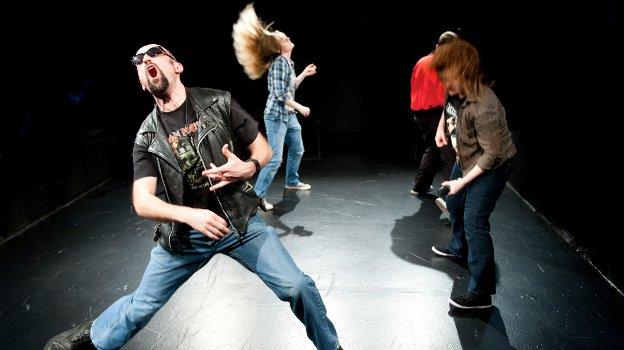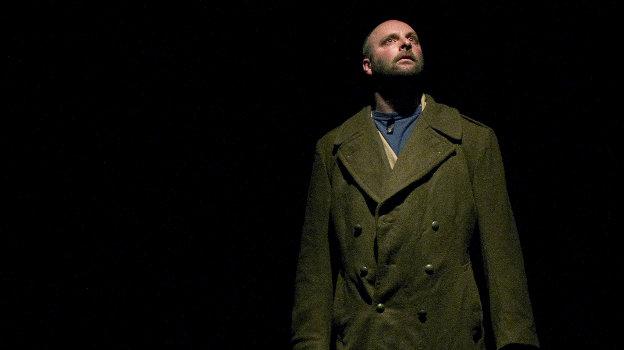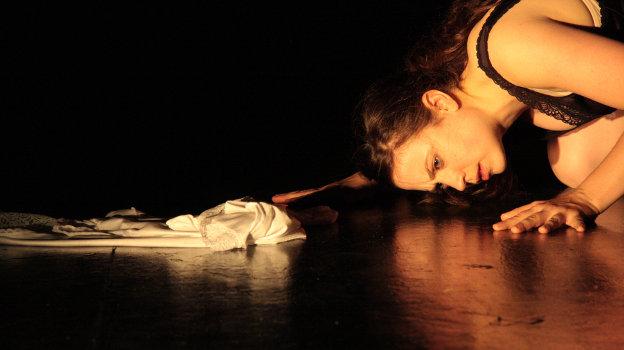An army of teenagers throw themselves around on stage as an operation takes place to dissect the concept of love. I Hope My Heart Goes First is an impassioned look at this most powerful of emotions from those who are its starting blocks. They dance it out, fight it out, sing it out, even whisper it to us. Adam who’s ‘never had any experience of romantic love’ makes a list of the other things he loves and holds a real heart all the way through. Justin Timberlake is delivered with the passionate abandon of a hairbrush bedroom singer, and heart rates are measured in a pogo jump competition.
It’s undeniably rough and unsophisticated but that’s what makes I Hope My Heart Goes First such an emotional experience. This is a piece that has actually been devised by its young performers. Unlike the smooth and knowing Once And For All We’re Gonna Tell You Who We Are So Shut Up And Listen the adults in this process (Junction 25 artistic directors Tashi Gore and Jess Thorpeare) have acted merely as assistants in getting the casts’ message out there, in all it’s naive and occasionally heartbreaking glory.
The concluding work is ambitious, audacious and occasionally feels messy, but isn’t that how love feels? In all its silly wonder I Hope My Heart Goes First is deeply moving and breathtakingly successful in its complicity with its audience; it is because they care so much and so genuinely, that we do to.










